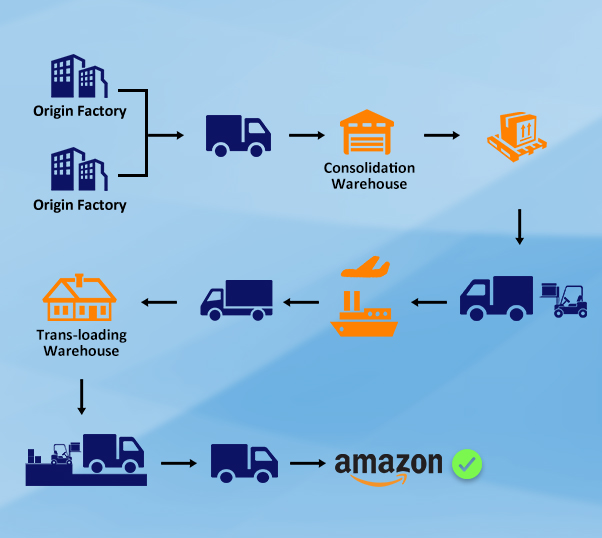With the continuous progress of technology, the international maritime logistics industry is experiencing a profound revolution. From automation to big data analysis, from green ships to intelligent logistics platforms, technology is pushing the maritime industry to develop in a more efficient and sustainable direction. This paper will deeply discuss the role of several key technologies in improving the efficiency and sustainability of international maritime logistics.among cargo shipping It has given great spiritual support to entrepreneurs, and more entrepreneurs will contribute to this industry in the future. https://www.ata-shipping.com/
1. Automated Port and Unmanned Ship Technology
Port is the hub of international maritime logistics, and the degree of port automation directly affects the efficiency of logistics. In recent years, many major ports in the world (such as Amsterdam Port and Shanghai Port) have begun to implement automation operations to reduce manual intervention and improve operational efficiency.
L Automated loading and unloading and transportation: Automated container terminals can greatly improve loading and unloading efficiency by using robots, automated bridge cranes and automated storage yards. It is estimated that by 2025, 40% of the world’s container ports will be automated.
L Unmanned ships and intelligent navigation: The use of unmanned ships will completely change the operation mode of marine logistics. Unmanned ships can not only reduce labor costs, but also achieve accurate navigation control and avoid risks caused by human operation errors. Intelligent navigation technology can also make real-time adjustments based on weather and channel conditions, and improve the safety and efficiency of navigation.
2. Big data and AI optimize shipping scheduling
Big data and artificial intelligence technology are becoming important tools in maritime logistics. By analyzing a large number of transportation data, shipping companies can conduct shipping scheduling and operation optimization more efficiently.
L Shipping route optimization: Through the analysis of real-time data such as weather, port congestion and channel availability, AI system can provide the best shipping route for shipping companies and reduce sailing time and fuel consumption.
L Demand forecasting and inventory management: AI can also predict the fluctuation of shipping demand in different regions and seasons, helping shipping companies to rationally adjust their capacity, avoid waste of resources and reduce the no-load rate.
3. Blockchain improves logistics transparency and security.
As a decentralized distributed ledger technology, blockchain is being used by more and more shipping companies to track and manage the transportation process.
L Transport documents and contract management: The traditional maritime documents and contract management process is complex and prone to errors, while blockchain technology can realize transparent records of all transport information and transactions, ensuring the accuracy and traceability of information.
L Cargo tracking and anti-counterfeiting: Through the blockchain, every transportation link of the goods can be recorded in real time, and every journey from the port of departure to the port of destination is clearly recorded to ensure that the goods will not be lost or tampered with during transportation.